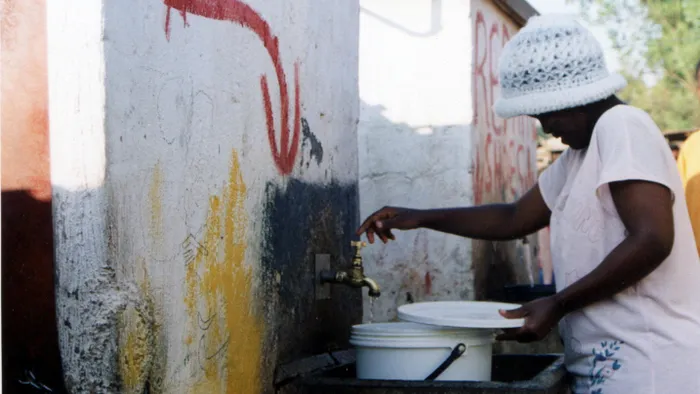Municipalities warned to align indigent registers or risk losing R332 billion in funding

Municipalities have been encouraged to provide the correct number of households receiving free basic services such as water, electricity and sanitation.
Image: Nicola Mawson / Independent Newspapers
Municipalities have been warned to urgently provide credible indigent registers for free basic services including electricity and water or risk losing their share of R332.4 billion in local government equitable share (LGES).
Finance Minister Enoch Godongwana and his cooperative governance and traditional affairs (Cogta) counterpart Velenkosini Hlabisa have urged the country’s 257 municipalities to correct the misalignment between the indigent households funded through the LGES and the actual households targeted by municipalities in their indigent registers.
The ministers indicated that the National Treasury has observed that municipalities do not take seriously the disclosure of the information in the annual budget documents.
According to Godongwana and Hlabisa’s circular sent to mayors, speakers, municipal managers, chief financial officers and technical services managers earlier this month, figures provided by municipalities do not tally with those of Statistics South Africa (Stats SA).
Stats SA annually collects data relating to indigents management in municipalities, based on the indicators discussed and agreed upon between the national statistical service and Cogta.
Data is published annually in the non-financial census, with the latest having been published in March this year.
The information revealed that only 2.8 million households are accounted for in the municipal indigent registers compared to the Stats SA’s data in terms of Census 2011 and the 2016 community survey.
Godongwana and Hlabisa complained that this suggests that a total of 11.2 million indigent households nationally are currently subsidised for the provision of free basic services through the LGES.
This then means that there is a total of 8.4 million indigent households that are denied free basic services provision, while municipalities receive the subsidies for the provision of free basic services.
"It can therefore be deduced that there is a misalignment between the indigent households funded through the LGES and the actual households targeted by municipalities in the municipal indigent registers," the ministers explained.
They also issued a stern warning that failure by municipalities to submit a credible indigent register and meet the submission deadline would result in the possible withholding of the free basic services subsidy from your 2025/26 financial year LGES allocations.
Municipalities are required to complete a questionnaire to help establish the status of the free basic services provision, and to provide activity plans and timeframes, for the development of credible indigent registers, for immediate implementation.
The plans must be submitted to both the National Treasury and the Cogta by no later than September 30.
Additionally, municipalities are required to provide progress reports on the development of credible indigent registers (increase in the number of free basic services beneficiaries) by the last day of each calendar month.
"Should the municipality fail to prioritise the development of a credible indigent register and alignment with the number of subsidised indigent households based on the Stats SA data, the National Treasury and Cogta will consider invoking section 216(2) of the Constitution resulting in the December 2025 tranche of the 2025/26 LGES being withheld," the ministers warned.
In terms of the Constitution, local government is entitled to an equitable share of nationally raised revenue to enable it to provide basic services and perform its allocated functions.
The LGES is an unconditional transfer that supplements the revenue that municipalities can raise themselves including through property rates and service charges and provides funding to deliver free basic services to poor households and subsidises the cost of administration and other core services for those municipalities with the least potential to cover these costs from their own revenues.
Over the 2025 medium-term expenditure framework period, the local government equitable share, including the regional service council/joint service board levies replacement grant and the special support for councillor remuneration and ward committees grant amounts to R332.4bn (R106.1bn in 2025/26, R110.7bn in 2026/27 and R115.7bn in 2027/28).
loyiso.sidimba@inl.co.za